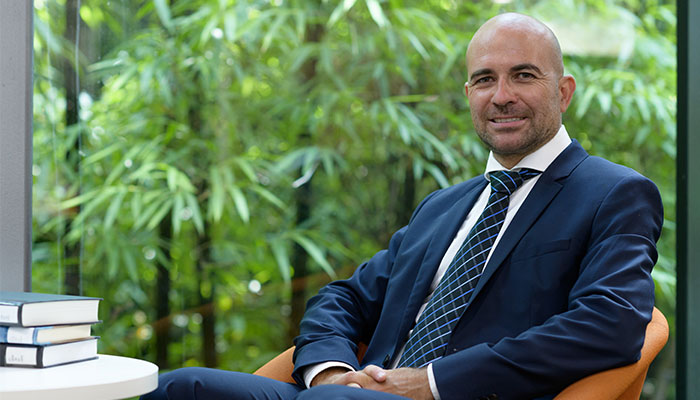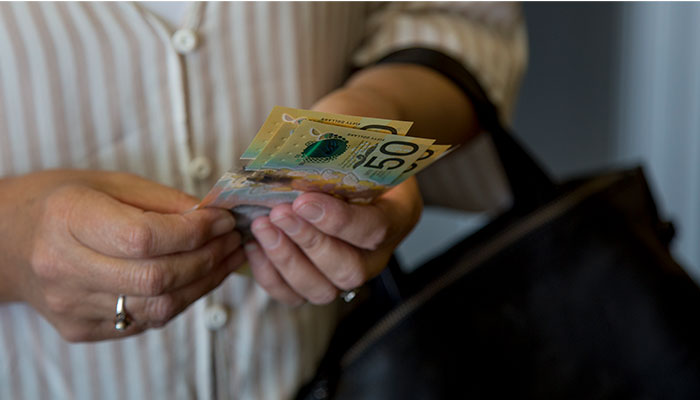What is a bubble?
Think of a market for, say, hamburgers. Once a hamburger has been consumed, that’s it. No one else can buy it so agreeing to a price is relatively simple. Other types of goods can be re-sold in the future, making it more challenging to determine the price one wants to pay. Like paintings or real estate or financial assets, such as shares. In the case of shares, the stream of dividends determines their fundamental value. In real estate, the fundamental value is indicated by the rent. A bubble forms when an asset is overpriced.

Overconfidence: market bubbles often result from investors believing they will be able to spot a slowing market and unload their assets before everyone else, according to Professor Maroš Servátka.
Why do bubbles occur?
Experiments show us that even when people know the fundamental value of assets, bubbles still occur. This is because people are betting they will be able to sell for more at a later time. They are betting the price will continue to rise. Investors often believe they can beat the market. They think “I am the smart one and if the market slows down I will unload my assets before everyone else.” Many market bubbles are driven by overconfidence.
In everyday life, it is difficult to determine the fundamentals that determine price because we don’t know what the future dividends or rent will be. In property markets, people paying more for their mortgages than the stream of rental income is a signal of overpricing or a bubble.
Then what happens?
At some stage the owners of the assets realise the price is too high. This is because people have stopped buying. The price is unsustainable. So they start selling and the price starts falling. And then everyone tries to sell. This is when we have a crash. A lot of people lose a lot of money in crashes. Crashes occur because the assets are mis-priced.
Why don’t we learn?
The emergence of bubbles is one of the most robust phenomena in economics and finance. Previous research has been able to reliably get rid of bubbles through experience and training of market participants.
Experience (I keep losing money when I buy overpriced assets) and training (leading to common expectations about what will happen in the market) have been shown to get rid of bubbles in experiments. But markets are ever-changing and experience and training are not viable policy prescriptions as both are very hard to achieve in financial markets.
Our experiments
No previous paper has been able to eliminate bubbles by solely changing the way trading is conducted. But different trading rules about how assets are priced can eliminate bubbles, even for inexperienced traders. The experiments to test these different trading rules outlined in our paper have demonstrated that prices follow the fundamental value and so there is no mispricing.

A first: Professor Maroš Servátka, pictured, and his co-authors' paper has eliminated bubbles by changing the way trading is conducted.
Our set of rules, called a ‘trading institution’, is an English-Dutch auction. A single clock begins running at a low price at which everyone is willing to buy. As the price goes up, buyers reduce the number of units they are willing to buy. At some stage the price reaches a point at which a trader is not willing to buy any units. As the price increases even higher, this trader becomes a seller and indicates how many units he is willing to sell. The auction ends when the net demand in the market reaches zero. Supply equals demand and a sale price is determined. Everyone then trades their units at this price.
We were the first people to test an English-Dutch auction. Steven Tucker of The University of Waikato, Cary Deck of The University of Alabama and I started testing this idea in 2010. Our paper has been accepted by the American Economic Review: Insights. This forum is the holy grail of economists and the editors accepted our research was a crucial discovery.
We can eliminate bubbles. The only problem is we have to dramatically redesign the marketplace. How we implement our trading institution in an everyday real-life market is another matter.
Professor Maroš Servátka is the Director of Macquarie Business School Experimental Economics Laboratory.



